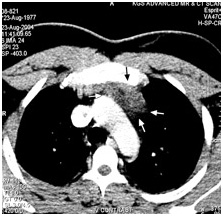Neuro-ophthalmology is the subspeciality of both neurology and ophthalmology concerning visual problems that are related to the nervous system.
Who requires an urgent neuro ophthalmic evaluation?
Patients presenting with sudden visual loss usually have either a neural or a retinal problem. The neural problems include Optic Neuritis and Ischemic Optic Neuropathy which if diagnosed accurately and early can lead to near complete restoration of vision.
Patients with Optic Neuritis usually require intravenous and oral steroids which if given in a timely manner restores good quality of vision.
Cranial Nerve palsy
Pressure on or Interruption of the blood supply to one of the cranial nerves causes it not to work. This is one of the most common causes of acute double vision in the older population. It occurs more often in patients with diabetes and high blood pressure. These will get better and essentially always resolve without leaving any double vision. Patients usually present with complaints of double vision or blurring of vision on looking in any particular direction.
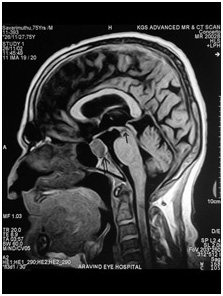
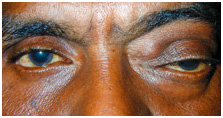
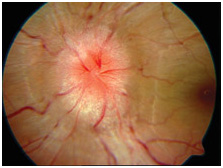
Papilledema
Papilledema is a condition where there is swelling of the optic nerve sheath due to increase in the intra cranial pressure. The raised intracranial pressure may be because of a tumor or due to accumulation of cerebrospinal fluid.
Patients usually complain of severe headache which may be associated with vomiting if the intra cranial pressure is very high. Frequently patients notice visual disturbance lasting for a few seconds (often associated with bending or stooping). High pressure may cause damage to the nerves that move the eyes resulting in double vision. Patients may also be aware of a rushing noise in their ears.
Early detection of papilledema and visual field defects help in urgent referral to a neurosurgeon which can be life saving.
Myasthenia Gravis
Myasthenia is a disease affecting the neuro muscular junction resulting in weakness of eyes. These may affect the whole body or the eye alone. Patients generally present with drooping of eye lids which may vary during the course of the day or with double vision. Such patients will require lifelong therapy but have a very good prognosis when treatment course is followed accurately.
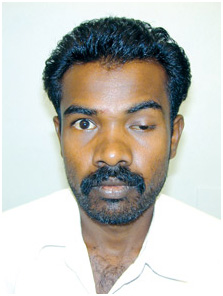
Steroid therapy
Steroids when given in consultation with the physician are very effective means of controlling inflammation. But steroids have to be tapered over a course of time as prescribed by the physician and should not be continued by the patient beyond the prescribed time frame as over a course of time can result in troublesome complications like osteoporosis.
